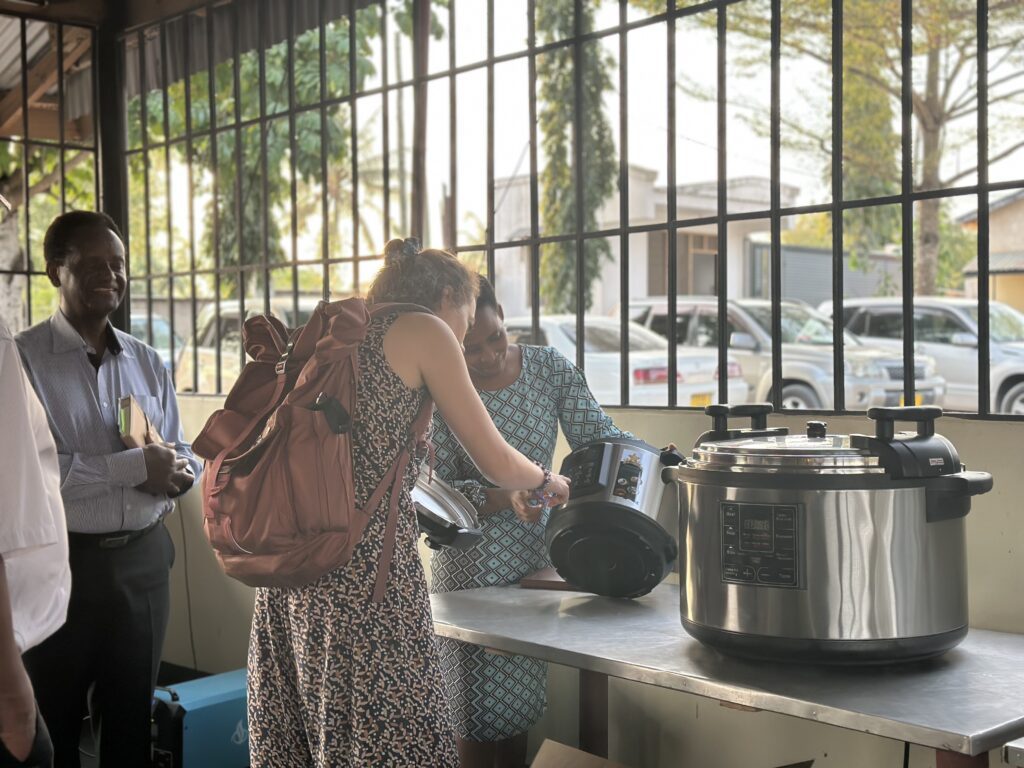Description of the programme/ objectives
The Modern Energy Cooking Services (MECS) Programme, an eight-year research and innovation initiative funded by the UKAid (FCDO), has supported various research and market-strengthening efforts in Tanzania, resulting in an increasingly positive enabling environment for eCooking. Consequently, the Tanzanian Ministry of Energy, FCDO, and MECS are delivering an ambitious programme of activities to strengthen the market and scale up the availability and benefits of eCooking to the Tanzanian consumers.
Since 2019, MECS research has demonstrated that eCooking is a viable cooking method in Tanzania, aligning with local cuisine, offering cheaper operational costs than LPG and charcoal, and being desirable to consumers.
Since then, the enabling environment has continued to evolve positively. In 2022, clean cooking became a key development priority for Tanzania, and in 2023, the President H.E. Samia Suluhu Hassan launched the African Women Clean Cooking Support Programme at COP. There are also directives for all institutions with over 200 people to end reliance on biomass by 2024 and those with over 200 people by 2025. A National Clean Cooking Strategy and Implementation plan was recently launched.
MECS activities, through accelerating and scaling the shift to modern energy cooking, improve human health – particularly for women and children – by reducing exposure to harmful indoor air pollution and mitigating the risks of gender-based violence (GBV) associated with collecting and procuring biomass fuel. Additionally, women and girls, who traditionally spend the most time cooking, benefit from reduced cooking times and less time spent procuring fuel. Finally, transitioning to modern cooking solutions like eCooking can help households save on cooking fuel, alleviating fuel poverty.
Description of the services provided/ main activities
The activities are centred on developing awareness of the programme’s activities and actively promoting stakeholder engagement, ensuring engagement at the highest levels across government ministries and other national bodies. In addition, the role works alongside partners and collaborates with them towards the delivery of high-quality activities. These range from writing regular donor reports (a minimum of quarterly), including mandatory data collection processes, and producing other outputs (e.g., topic-specific briefing notes, stories from the field, etc.).

